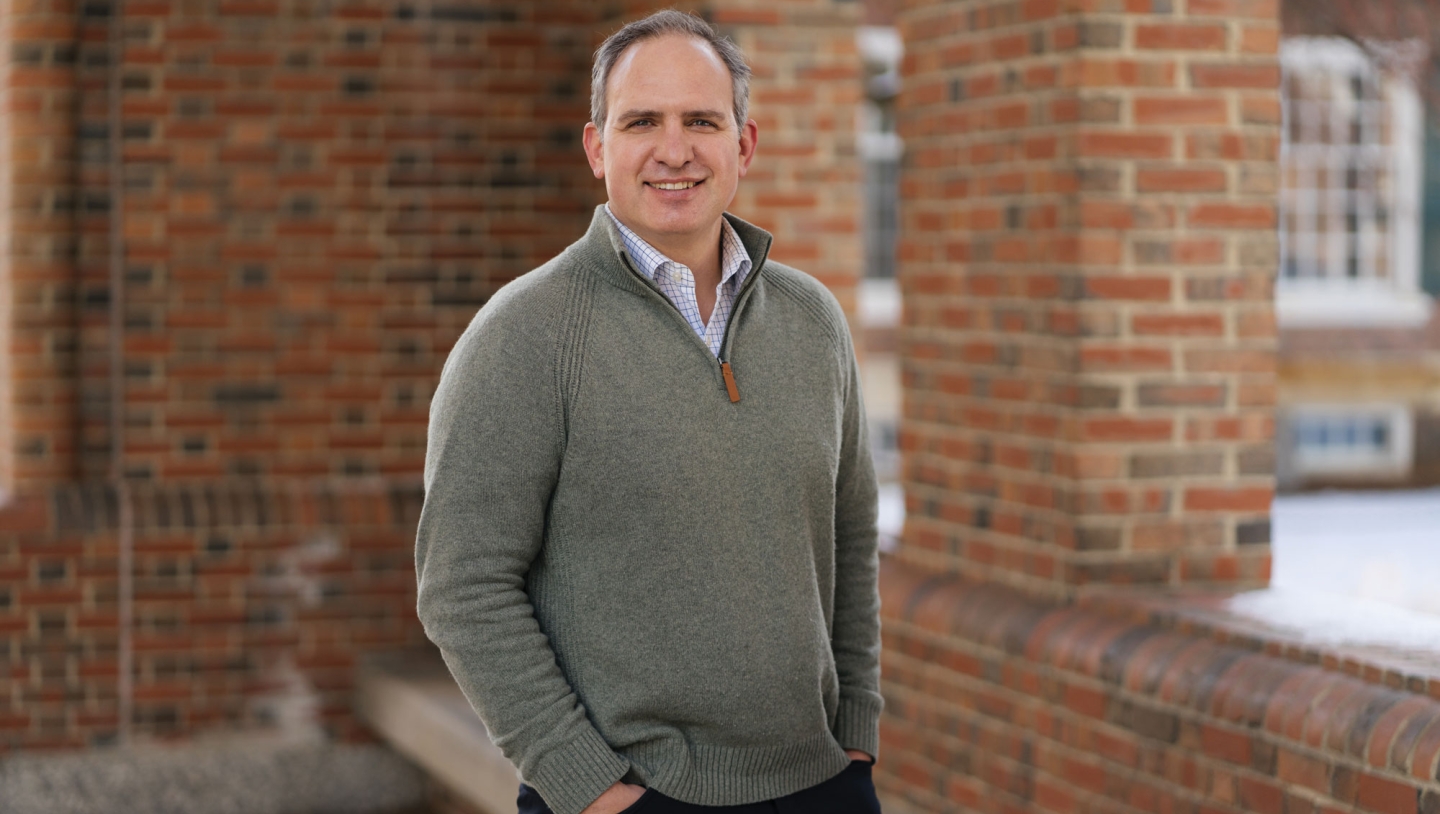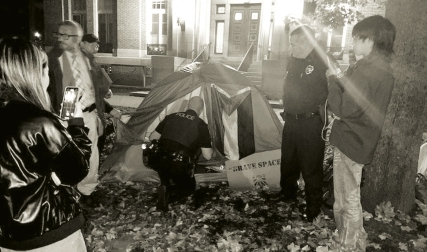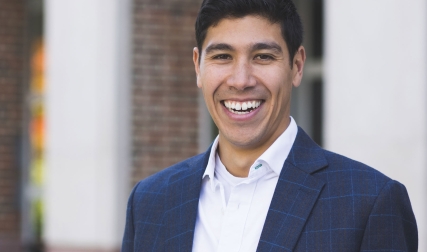What’s coming up at Rocky?
The biggest thing for the United States, and probably the world, is the presidential contest. We’ve invited all the presidential primary contenders, from Trump on down, and we’ll probably squeeze in a few before the primary. A lot has changed over the years.
Do students swarm speakers for selfies?
At the November event with Chris Christie, we packed Loew Auditorium, and 30 or 40 more students were outside waiting to get in. After the event, the students were clamoring for more, and he wanted to answer more questions. It went for another 40 minutes while he was shaking hands. The line went from the stage all the way back with students waiting to get their photo with him.
Do students ever protest at these events?
We’ve had several presidential candidates come in already, and they usually are kind of worried about coming to a college campus. All of them have said that our students were very respectful, even if they disagreed on policy issues.
Why do you think that is?
I really credit the students and senior leadership, especially recently, talking about the importance of diverse discussions and dialogues and brave spaces—really making free speech normal and indicating that people shouldn’t shy away from controversial topics. We program on all sides of the spectrum, and all discussions are policy centered. Also, a lot of our events have been with the student-run, nonpartisan Dartmouth Political Union. They are a good partner. They moderate or introduce many of our speakers.
How do you handle security for high-profile speakers?
We work with Safety and Security and sometimes Hanover police. It depends on the speaker. Some speakers don’t want a heavy police presence.
Who are some other speakers coming soon?
Stacey Abrams. Neil Levesque, director of the Institute of Politics in Manchester. Neal Katyal ’91 in late February on Trump’s legal challenges.
What is the Rocky budget?
Just under $3.25 million this fiscal year. Ninety percent of that is funded from endowments—many different sources, many different purposes.
Is that enough?
We wish we had more. There’s always more to do. A lot of people don’t see all the various things the Center does—it’s kind of the iceberg analogy. They only see the tip of what we do, usually the public events, and we do dozens of those per year. We also partner with a lot of campus organizations, and we run one of the three largest minors on campus. People from 22 different majors are pairing our minor degree in public policy with their major. Obviously, some come from government or economics, but there are many other majors—theater, biology, engineering. We also run very robust co-curricular programs, including about six leadership training programs, and that’s where we’ve allocated a lot of our funds the last few years. Some are on grants that are near their end of life, so we’ll have to do more fundraising.
Where do you see the center 10 years from now?
It will be our 50th anniversary. My own experiences were so positive with respect to support for student research, and we want to continue that. We hope to create more of a national or international presence. A couple of initiatives: Dartmouth doesn’t have a law school, but law is one of the most popular career choices for graduates, especially because we offer a lot of coursework in the social sciences. Those courses fill up quickly and are quite well received. We think we can be a home for law and legal programming. We’re going to pilot a judicial internship program—placing students with current justices who are alumni—in New Hampshire this year and all over the country next year. With these seeds we’re planting, we’ll then be 10 years into that.
What is the second initiative?
I’d like the Rockefeller Center to be the home for a new survey research platform that would help people explore public policy issues. I teach courses on survey research and polling. Public opinion surveys are one of the most popular methods for students to use in their own projects. But they’re hard to do well. There are about 110 issues on the national policy agenda in any given congressional session, but there’s polling on only 30 or 40 percent of them at most. Lawmakers are actively considering and taking positions, but we don’t have high-quality public opinion polling that tells us what the public would like them to do. The Rockefeller Center could play a role asking questions on issues before the country, and in 10 years that could be distilled into an index on the health of democracy. We could put Dartmouth on the map worldwide with this.
What do you hear from undergrads?
A number of students asked me about courses where they could get out and do voter mobilization campaigns, so I’m adding a new course called Advanced Policy Research. Another student is doing research on the effectiveness of independent redistricting commissions around the United States. This new course evaluates whether programs and policies work as they’re intended. What are the effects? And how can we design studies that tell us that?
As a linebacker coached by Buddy Teevens ’79, what did you learn from him?
Character. Hard work. Two things that I think are ultra-important are persistence and patience. There have been many moments where I can say that I’m a better person because I was coached by him. He understood what it was like to have been a Dartmouth student, and that scholar-athletes are scholars first.




